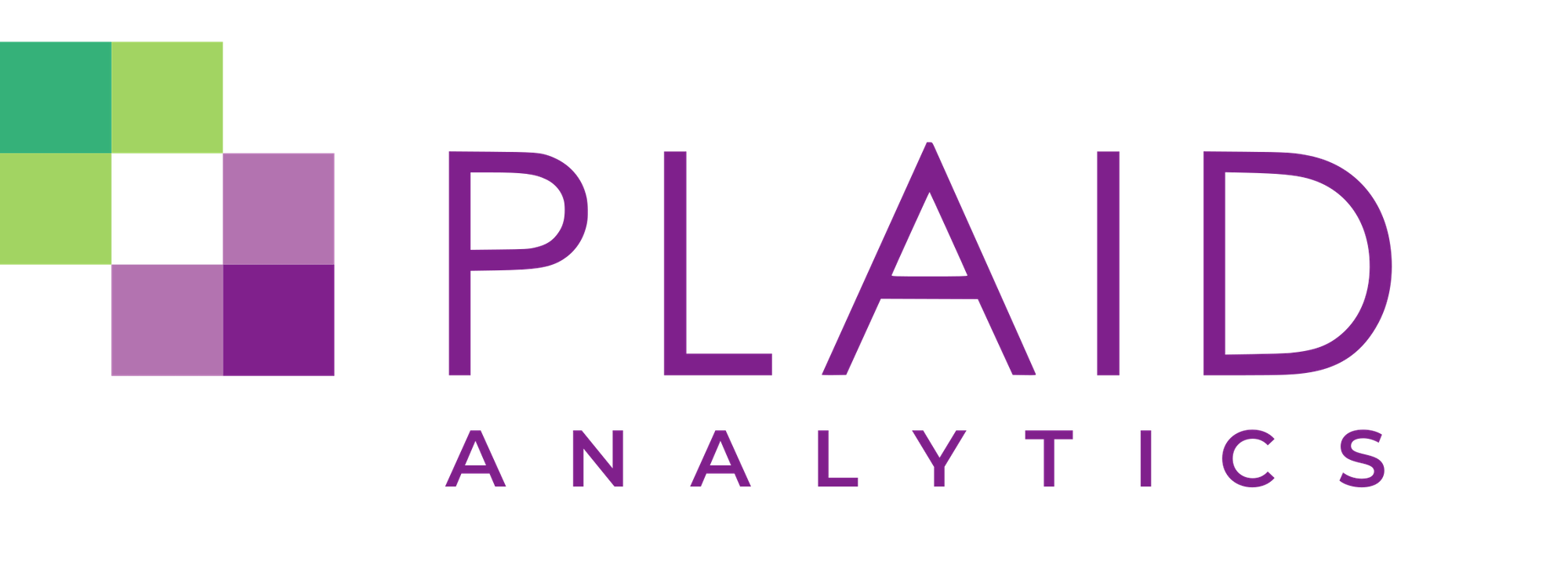What Impact Does Course Compaction Have on Student Success?
We’ve been revisiting what we mean by course compaction, how to measure it, and evaluate whether courses are too compacted or not enough, and what student-success-sponsoring course compaction looks like.

